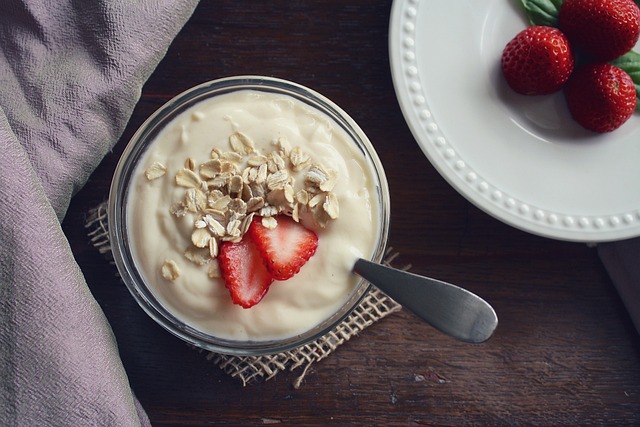The Ultimate Guide to Probiotics: Everything You Need to Know
Probiotics are live microorganisms that are beneficial to our health, especially to our digestive and immune systems. They are often referred to as “good bacteria” and are found in a variety of dairy products like yogurt, kefir, and cheese, as well as in fermented foods like kombucha, kimchi, and sauerkraut. In this guide, we’ll explore what probiotics are, how they work, their health benefits, and how to incorporate them into your diet.
What are Probiotics?
Probiotics are living microbes that are similar to the beneficial microorganisms found in our digestive tract. They are typically bacteria, but can also include yeasts and other microorganisms. Probiotics work by colonizing the digestive tract and promoting the growth of other beneficial organisms, while inhibiting the growth of harmful bacteria.
Health Benefits of Probiotics
The health benefits of probiotics are numerous, with research showing that they can help improve digestion, boost the immune system, and even reduce the risk of certain diseases. Here are some of the key benefits:
- Improved Digestion: Probiotics can help improve digestion by increasing the number of beneficial bacteria in the gut, which helps break down food and absorb nutrients.
- Stronger Immune System: Probiotics aid in the production of antibodies, which help fight off infections and other harmful microorganisms that can cause illness.
- Reduced Inflammation: By promoting the growth of beneficial bacteria, probiotics can help reduce inflammation in the gut and throughout the body.
- Lowered Risk of Disease: Probiotics have been shown to reduce the risk of certain diseases, such as irritable bowel syndrome (IBS), inflammatory bowel disease (IBD), and even some types of cancer.
How to Incorporate Probiotics into Your Diet
The best way to incorporate probiotics into your diet is through fermented foods and/or a probiotic supplement. Here are some popular probiotic-rich foods:
- Yogurt: Look for plain, unsweetened yogurt that contains live and active cultures.
- Kefir: A fermented milk drink, similar to yogurt but with a thinner consistency and a tangier taste.
- Sauerkraut: Fermented cabbage that is often served as a side dish.
- Kimchi: A Korean dish made with fermented vegetables and spices.
- Kombucha: A fermented tea that is often flavored with fruit juice.
If you prefer a supplement, it’s important to choose a high-quality product from a reputable brand. Look for a supplement that contains multiple strains of bacteria and at least 10 billion CFUs (colony forming units) per dose.
Conclusion
Probiotics are a crucial component to maintaining a healthy digestive and immune system. Incorporating probiotics into your diet or taking a supplement can provide numerous health benefits. With a variety of probiotic-rich foods and supplements available, it’s easy to make sure you get the “good bacteria” your body needs.







